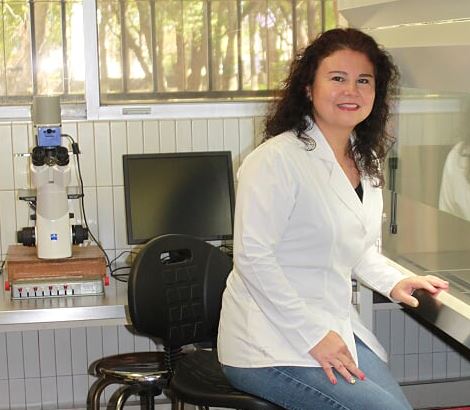
When cervical carcinoma cells were monitored for apoptotic signals, HPV18(+) lines were found to be highly sensitive to agonistic CD95 antibodies or recombinant CD95 ligands after co-exposure with CHX (CD95(S)). In contrast, HPV16(+) cervical carcinoma cells and HPV16-immortalized non-malignant human keratinocytes were CD95-resistant (CD95(R)) under equivalent conditions. Somatic cell hybridization between CD95(S) and CD95(R) cervical carcinoma cell lines revealed that CD95 sensitivity was a dominant trait, which could be correlated with abundant c-Myc and low Bcl-X(L) expression. Although CD95(R) cervical carcinoma cells expressed even higher levels of p53 and CD95 receptor at the surface, resistance could be attributed to the inability to form a functional DISC, necessary for successful transmission of the apoptogenic response. These data indicate that resistance to apoptotic stimuli represents an important immunological escape mechanism during virus-induced carcinogenesis. Copyright 2001 Wiley-Liss, Inc.








